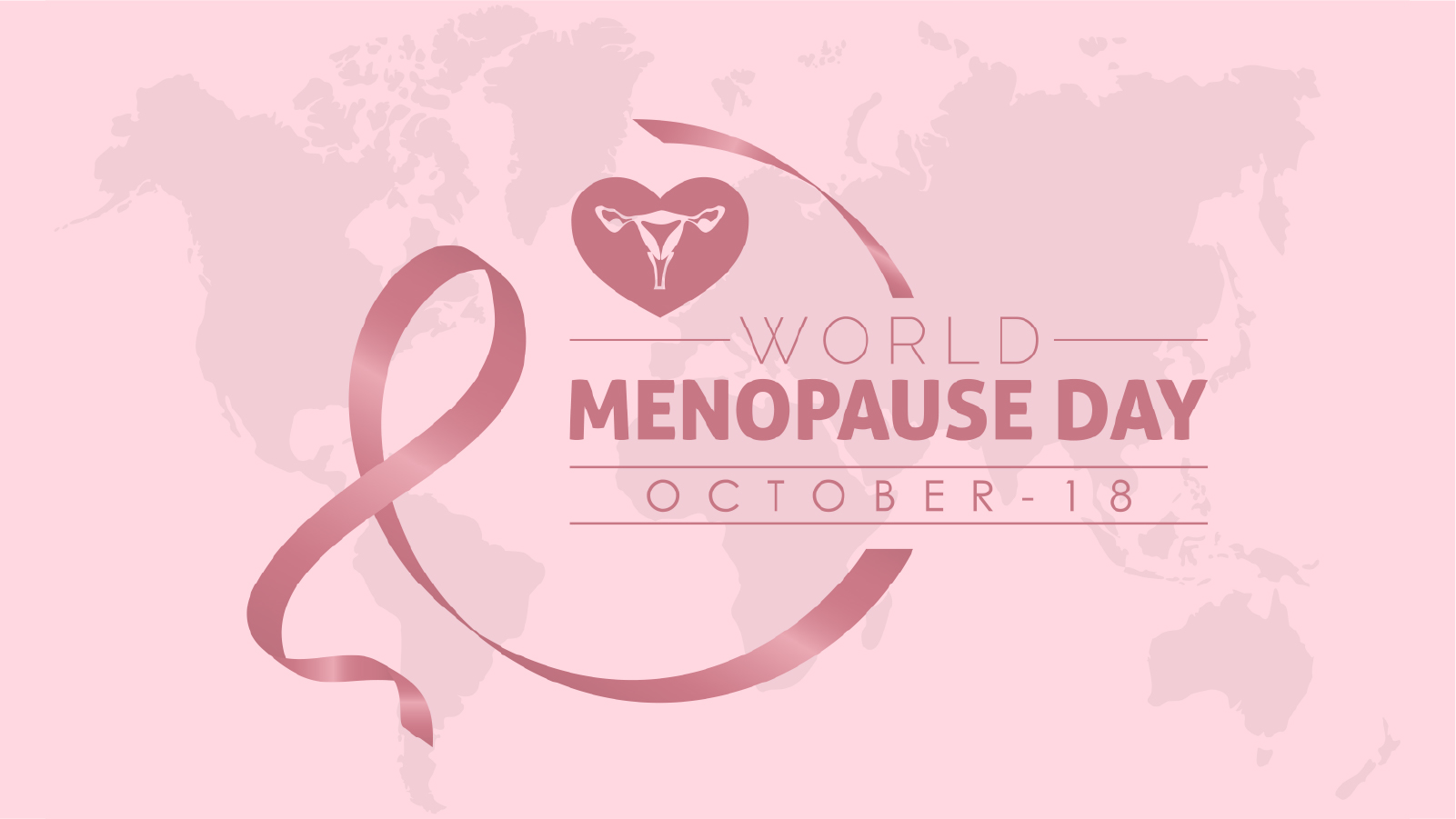Managing Menopause: Mind-Body Solutions for Hot Flashes, Sleep and Well-Being
In recognition of World Menopause Day, Baylor psychologist shares research on hypnotherapy's beneficial effects in relieving hot flashes

(image credit: Rana Hamid via Getty Images)
Contact: Shelby Cefaratti-Bertin, Baylor University Media & Public Relations, 254-327-8012
Follow us on Twitter: @BaylorUMedia
WACO, Texas (Oct. 17, 2023) – The natural aging process of perimenopause and menopause can create a wide range of symptoms for women, with hot flashes and poor sleep being the most frequently reported – and most disruptive – symptoms. World Menopause Day is recognized on Oct. 18, and one Baylor University researcher has been on a 20-year mission to identify safe and effective options to hormone replacement therapy (HRT) to help women find relief from hot flashes and improve sleep and well-being during the menopause transition.
Gary Elkins, Ph.D., professor of psychology and neuroscience and director of the Mind-Body Medicine Research Laboratory at Baylor University, is among the nation’s leading researchers on hypnotherapy and mind-body approaches, including continued funding by the National Institutes of Health (NIH) to evaluate the efficacy of a self-hypnosis intervention to reduce hot flashes and improve sleep, as well as other outcomes.
“It is important to recognize that hot flashes are a natural part of menopause,” Elkins said. “They are not caused by stress or personality but are due to the decline in estrogen that occurs naturally with aging.”
Perimenopause (the hormonal transition leading up to menopause) and menopause (the cessation of menstrual cycles) is the natural aging process marked by the decline in the reproductive hormone estrogen and progesterone in women and can last anywhere from seven to 20 years. Menopause usually begins around age 52 or can result from breast cancer treatment or hysterectomies.
Although HRT remains the most effective treatment for hot flashes, it is not appropriate for everyone. A major NIH study found that HRT led to an increased risk of breast cancer and cardiovascular disease in some post-menopausal women and breast cancer survivors. Elkins’ research is aimed at giving women choices for their own healthcare, including alternatives such as hypnotherapy.
“While hypnotherapy is not widely understood by many people, it can regulate hot flashes and improve sleep by managing how temperatures are perceived and regulated in the brain,” Elkins said. “Hypnotherapy is a mind-body therapy, similar to mindfulness and guided imagery, that involves the focus of attention, a relaxed state and therapeutic suggestions.” Elkins’ research on hot flashes and sleep and hypnotherapy has been clinically shown to reduce hot flashes by up to 80%, more effective than any other hot flash management tool available, with the exception of HRT.
He also has found that hypnotherapy, as a mind-body intervention, can reduce hot flashes to a degree comparable to HRT, improve sleep quality by over 50% and reduce anxiety while increasing well-being.
“Hypnotherapy involves daily practice of 15-minute hypnotic relaxation sessions that teach your brain to adapt to your body’s changing hormone level. Mental images for coolness and control are used to empower women to take control of the two most troublesome menopause symptoms – hot flashes and sleep,” Elkins said.
Elkins offers the following suggestions for women to empower them and help them find relief from hot flashes, anxiety and interrupted sleep.
- Remember that hot flashes are a normal part of the perimenopausal/menopausal transition, and the effects a woman experiences are real.
- Talk to your doctor about options that may work for you. Everyone is an individual, and it is important to find what works best for you.
- A combined approach of mind-body hypnosis therapy along with low-dose medications can be helpful for some women.
- It can be helpful to keep a daily diary of your hot flashes to monitor them.
- Get good sleep. Poor sleep and night sweats can make hot flashes worse.
- Be knowledgeable about things that have not been shown to work, such as fans, cold packs and certain herbs.
- Seek support from family and friends.
Elkins has developed the Evia from Mindset Health App to give women easy access to hypnotherapy for hot flashes. The app comes with a free trial that delivers evidence-based hypnotherapy intervention for women during the menopause transition and beyond.
ABOUT GARY ELKINS, PH.D.
Gary Elkins, Ph.D., professor of psychology and neuroscience, directs the Mind-Body Medicine Research Laboratory at Baylor University and is author of the new book, “Introduction to Clinical Hypnosis: The Basics and Beyond”. Elkins specializes in clinical psychology, health psychology and mind-body research, and is board-certified in clinical health psychology by the American Board of Professional Psychology. He is past president of Division 30 (Society for Psychological Hypnosis) of the American Psychological Association and has served on the Texas State Board of Examiners of Psychologists. He also is the author of a comprehensive textbook, “Medical and Psychological Hypnosis: Foundations, Applications, and Professional Issues.”
ABOUT THE MIND-BODY MEDICINE RESEARCH LABORATORY
The Mind-Body Medicine Research Laboratory is committed to a comprehensive research program that seeks to identify, understand, develop and disseminate complementary and mind-body medical interventions (clinical and experimental hypnosis, relaxation-based interventions and mindfulness) in the integrative health care. The research is conducted in part with funding from the National Institutes of Health/National Center for Complementary and Integrative Health and the internal support of Baylor University.
ABOUT BAYLOR UNIVERSITY
Baylor University is a private Christian University and a nationally ranked Research 1 institution. The University provides a vibrant campus community for more than 20,000 students by blending interdisciplinary research with an international reputation for educational excellence and a faculty commitment to teaching and scholarship. Chartered in 1845 by the Republic of Texas through the efforts of Baptist pioneers, Baylor is the oldest continually operating University in Texas. Located in Waco, Baylor welcomes students from all 50 states and more than 100 countries to study a broad range of degrees among its 12 nationally recognized academic divisions.
